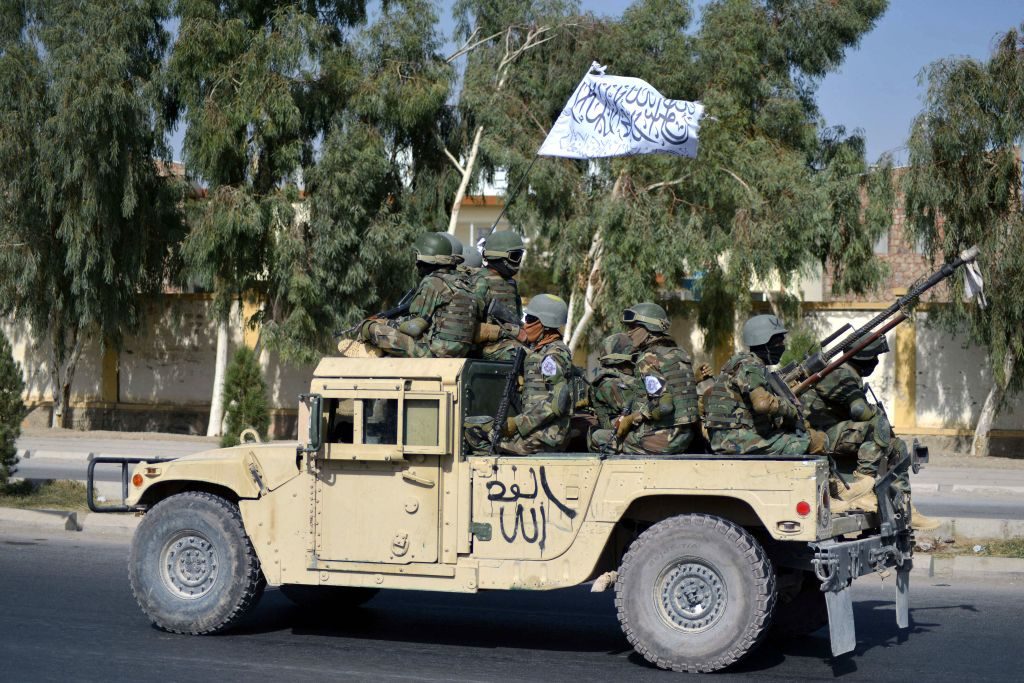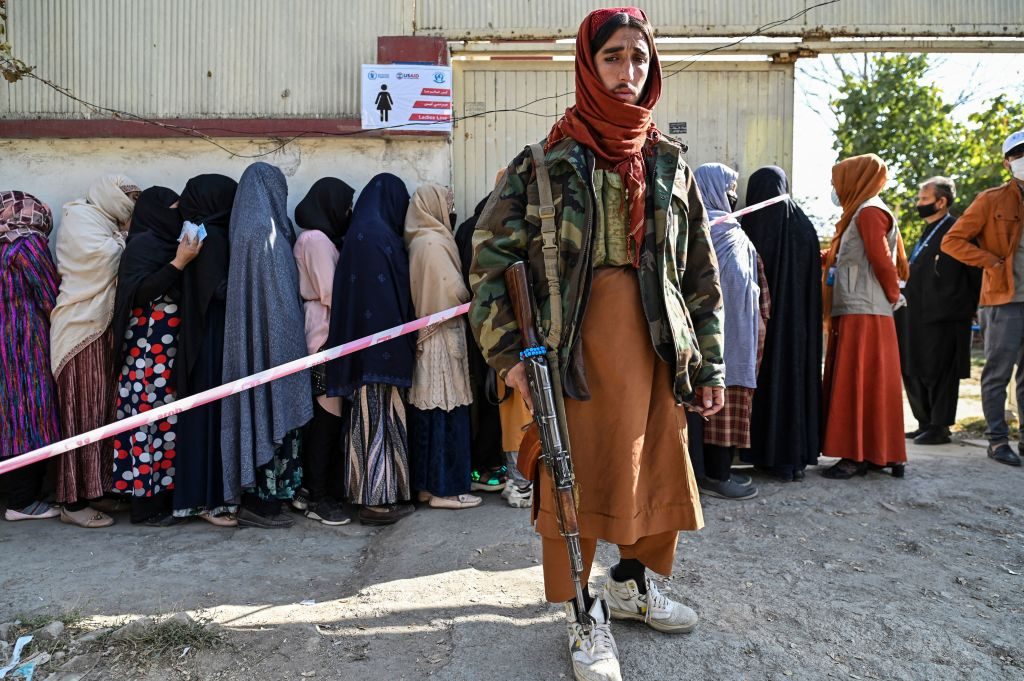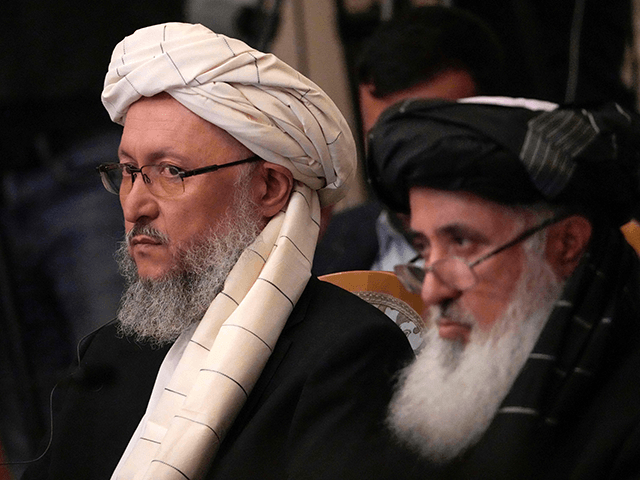The Taliban regime, which styles itself as the “Islamic Emirate of Afghanistan” or IEA, on Sunday announced it has appointed 44 of its members as provincial governors and police chiefs.
The international community has expressed unease with the Taliban’s practice of suppressing political opposition by reserving most high government offices for its own members.
One of the appointments announced on Sunday was the new police chief of Kabul, Wali Jan Hamza. Hamza replaces security chief Mawlawi Hamdullah Mukhlis, killed last Tuesday in a hospital bombing claimed by the Islamic State. Mukhlis was one of the first Taliban commanders to enter the presidential palace in Kabul after the U.S.-supported civilian government fell in August.
Pakistan’s Express Tribune listed some of the key appointments, quoting Taliban claims they were all overseen by reclusive Supreme Leader Mullah Haibatullah Akhundzada:
Qari Baryal has been appointed governor of Kabul, Mufti Mohammad Idrees will serve as his deputy and Wali Jan Hamza will be the military commander of the Afghan capital, as per the official statement.
The interim Afghanistan government headed by Muallah Hassan Akhunzada appointed Abdul Ghani governor of Badakhshan province, Muhammad Ali governor of Paktia province, Nisar Ahmad governor of Kunduz province while Qari Bakhtiar and Haji Mali Khan have been appointed as governors of Baghlan and logar provinces, respectively.
Likewise, Abdullah Mukhtar will serve as governor of Paktika province, Abdullah Sarhadi of Bamyan, Haji Dawat of Uruzgan, Rouhani Sahib of Farah, Abdul Rehman Sar-e-Pol and Shoaib of Jowzjan. Ishaq Akhunzada has been appointed governor of Ghazni province.
According to the Express Tribune, Mullah Akhundzada issued a “rare public statement” last week urging Taliban commanders to “look inside their ranks and see if there is any unknown entity working against the will of the government, which must be eradicated as soon as possible.”

Taliban forces from the Al-Badr military corps sit on captured armed vehicles during a parade in Kandahar on November 8, 2021. (JAVED TANVEER/AFP via Getty Images)
“Whatever wrong happens, the elder will be responsible for the consequences of the actions in this world and in the afterlife,” Akhundzada wrote, a statement retweeted with great enthusiasm by numerous Taliban social media accounts.
In another announcement reported by Turkey’s Yeni Safak on Sunday, the Taliban renamed all eight military corps of Afghanistan:
According to a decree by Yaqoob Mujahid, the acting defense minister, the Special Operations Corps in Kabul has been renamed as the Central Corps, while the 209th Shaheen Corps will now be called Al-Fatah.
Similarly, the 217th Pamir Corps in Kunduz has been renamed as Omari Corps, the 205th Atal Corps in Kandahar as Al-Badr and 215th Maiwand in Helmand as Azm.
Yaqoob, who is the son of Mullah Omar, the late founding leader of the Taliban, also changed the name of 201st Sailab Corps to Khalid Ibn Waleed, the 203rd Thunder Corps in Paktia to Mansouri and the 207th Zafar Corps in Herat to Al-Farooq.
Reuters described Sunday’s “first large-scale round of appointments” since the Taliban formed its ruling cabinet in September as a “key step in shoring up its governance as the country grapples with growing security and economic problems.”
“There have been international calls for the group to negotiate with other political players to form an inclusive government including minorities and women, although substantive progress on that has so far not materialized,” Reuters observed with a dash of dry wit.

A Taliban fighter stands guard as women wait in line during a World Food Programme food distribution in Kabul on November 6, 2021. (HECTOR RETAMAL/AFP via Getty Images)
Voice of America News (VOA) saw the U.S. and its allies faced with an agonizing dilemma: “They can either try to work with the Taliban, and in effect collude with human rights violations, or watch the worsening crisis from afar and see 20 years of development work reversed.”
VOA noted that over half of Afghanistan’s population faces hunger or starvation this winter without extensive foreign aid. The World Food Program (WFP) warned on Monday that “fuel costs are up, food prices are soaring, fertilizer is more expensive, and all of this feeds into the unfolding Afghan crisis.”
Western governments may therefore resist formal recognition for the “Islamic Emirate of Afghanistan,” but they also have little choice but to work with the Taliban on humanitarian projects while the regime ruthlessly consolidates its political and military power.

COMMENTS
Please let us know if you're having issues with commenting.